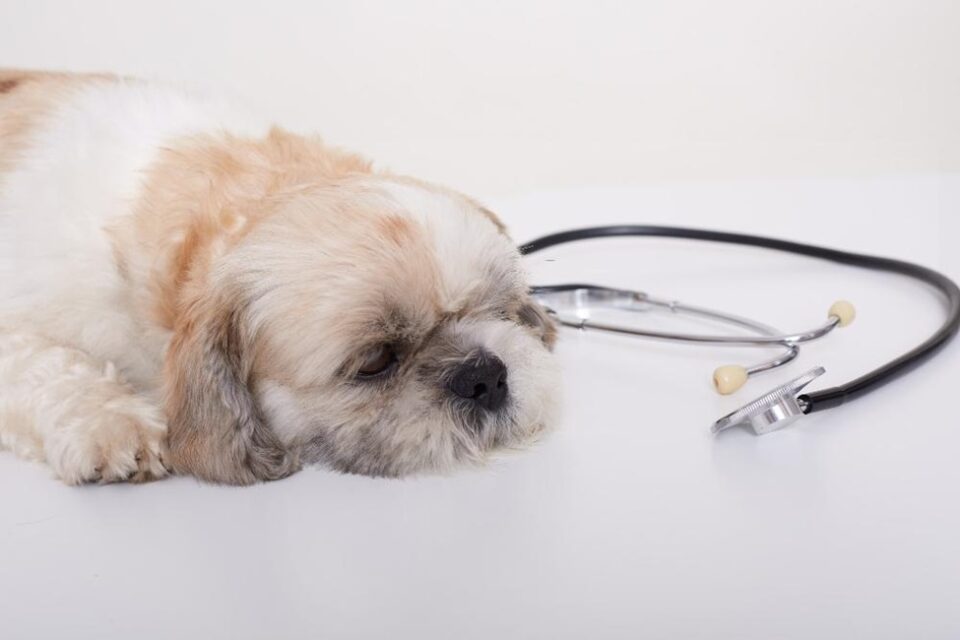Our family is complete with our beloved furry friends. As a pet owner, it’s important to recognize pet emergencies if your pet is behaving unusually. Some signs are obvious, such as bleeding, vomiting, breathing problems, unconsciousness, and injuries. In these cases, you have a pet emergency, and it’s time to take your pet to an emergency veterinarian. Sometimes, ignoring minor symptoms can lead to serious health problems. As a pet owner, you should prepare yourself for unexpected pet emergencies.
Signs of Pet Emergencies
Pet emergencies can occur at any time, day or night, so you need to be prepared. For instance, if your pet is injured by a car or develops a sudden illness, immediate emergency care is required. As a pet owner, you should be aware of the signs and symptoms of a pet emergency. These signs include broken bones, gashes, blood in diarrhea, respiratory problems, a painful abdomen, seizures, choking, improper urination, ingestion of poisonous foods, staggering, blindness, pain and inflammation, and a fever of 104°F. A professional and experienced veterinarian provides the best care, from routine treatment to surgical procedures in an emergency.
Transport Pets with Care
If your pet is in critical condition or in serious pain, it may behave unusually. First, ensure your own safety. If your pet has a spinal injury, avoid causing further harm. Make sure your pet’s neck and back are properly supported during transport to the animal hospital for their safety and comfort. Handle the injured animal gently and with care.
If you notice any signs of aggression, seek help with the transport. If the pet is calm, gently lift it and place it on a stretcher. For an injured cat, cover it with a soft cloth or blanket to prevent aggressive behavior. Be sure to protect the cat’s neck from twisting in case of a spinal injury. Once you have safely transported your cat or dog, take them to emergency care as soon as possible.
Pet Emergency Triggers
Medical emergencies are unexpected and can occur at any time. In some cases, you can handle the situation easily, while others may be uncontrollable. For example, chocolate is toxic to dogs, so it should be kept out of their reach at home. On the other hand, you cannot always control your pet, and they may escape through or over barriers. This kind of behavior can expose them to dangers such as falls, fights, and accidents, which can lead to emergencies.
Effective Planning Strategies
In the case of a pet emergency, find the right veterinarian for your pet and gather essential information such as the clinic’s name, location, contact number, and operating hours. You should locate the contact number of the nearest emergency veterinary hospital and animal poison control center. Some skilled veterinary professionals offer 24/7 emergency pet medical care. They offer preventive care such as vaccines, dental care, wellness exams, skin and coat care, and spaying and neutering. Emergency vet clinics often have specialized veterinarians and diagnostic tools to deliver prompt and life-saving treatments, ensuring the best care for your furry friend.

